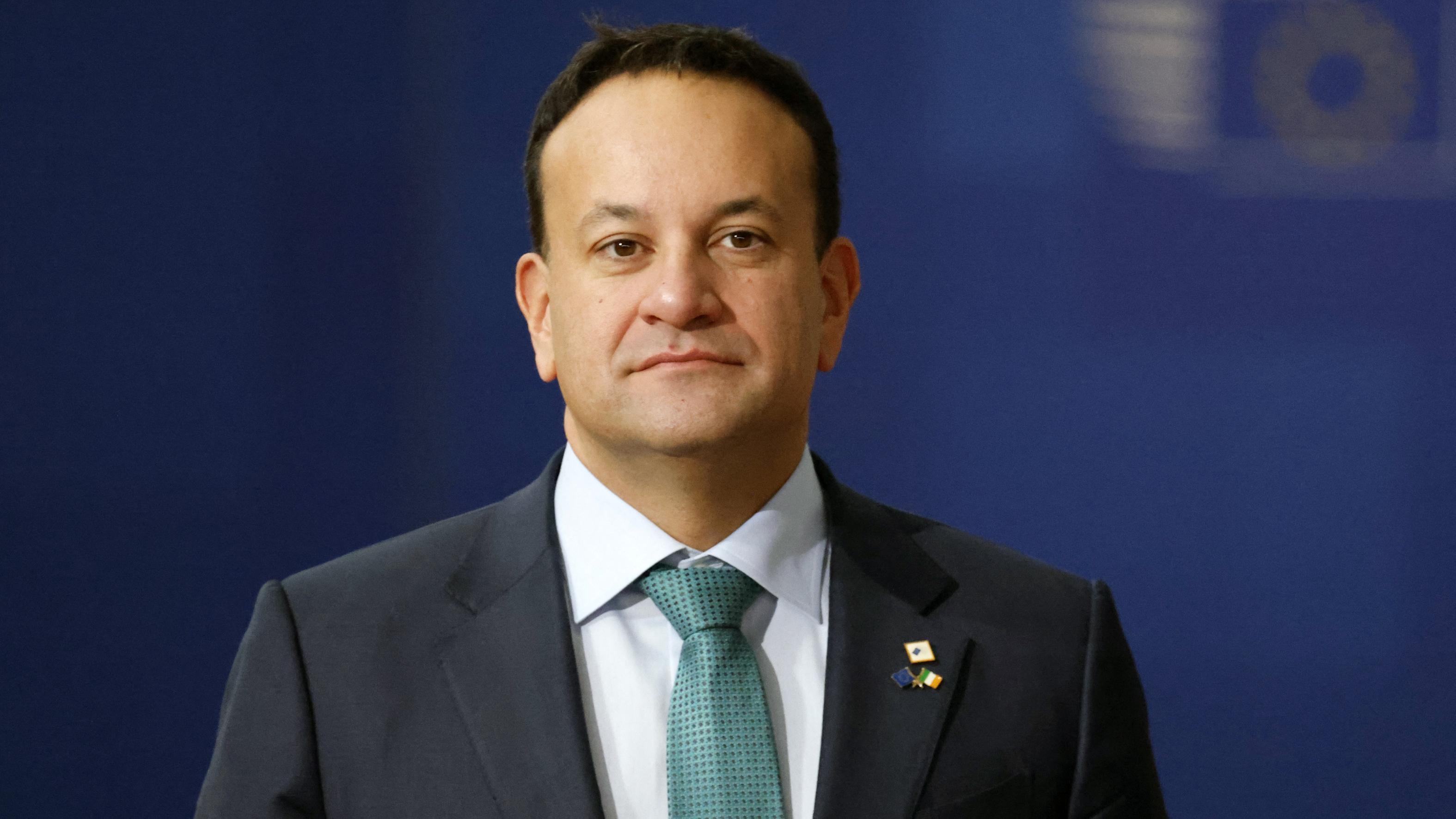 Ireland's Prime Minister Leo Varadkar arrives for the second and last day of a European Union summit, at the EU headquarters in Brussels, on Oct 27, 2023. (PHOTO / AFP)
Ireland's Prime Minister Leo Varadkar arrives for the second and last day of a European Union summit, at the EU headquarters in Brussels, on Oct 27, 2023. (PHOTO / AFP)
DUBLIN — Ireland will decide in the coming weeks whether to mount a legal challenge against a new British law giving amnesties to former soldiers and militants involved in decades of violence in Northern Ireland, Prime Minister Leo Varadkar said on Wednesday.
Victims' families, human rights organizations and all major political parties on the island of Ireland - including British unionist and Irish nationalist - have condemned the law which offers immunity from prosecution for those who cooperate fully with a new investigative body.
Varadkar said the government was also studying the implications of such a decision, including the potential impact on the bilateral relationship
Varadkar said he had received advice from Ireland's attorney general on the matter. He did not disclose what it stated, only that it would provide an essential contribution to ministers' consideration of whether to take or support an inter-state case under the European Convention on Human Rights.
READ MORE: UK minister says talks to restore N. Ireland govt moving slowly
He said the government was also studying the implications of such a decision, including the potential impact on the bilateral relationship between Ireland and Britain.
"I want to stress that the initiation of an inter-state case would be a very significant step and would have to be taken on solid grounds. It's not one which we would take lightly," Varadkar told parliament.
"Based on the attorney general's advice, there is a period during which we can take a case and after which it becomes more difficult. So we will have to make a decision on this in the next few weeks."
READ MORE: Britain rejects Irish call for role in Northern Ireland rule
A number of victims' families have already begun challenges against the new law in the Northern Ireland courts.


